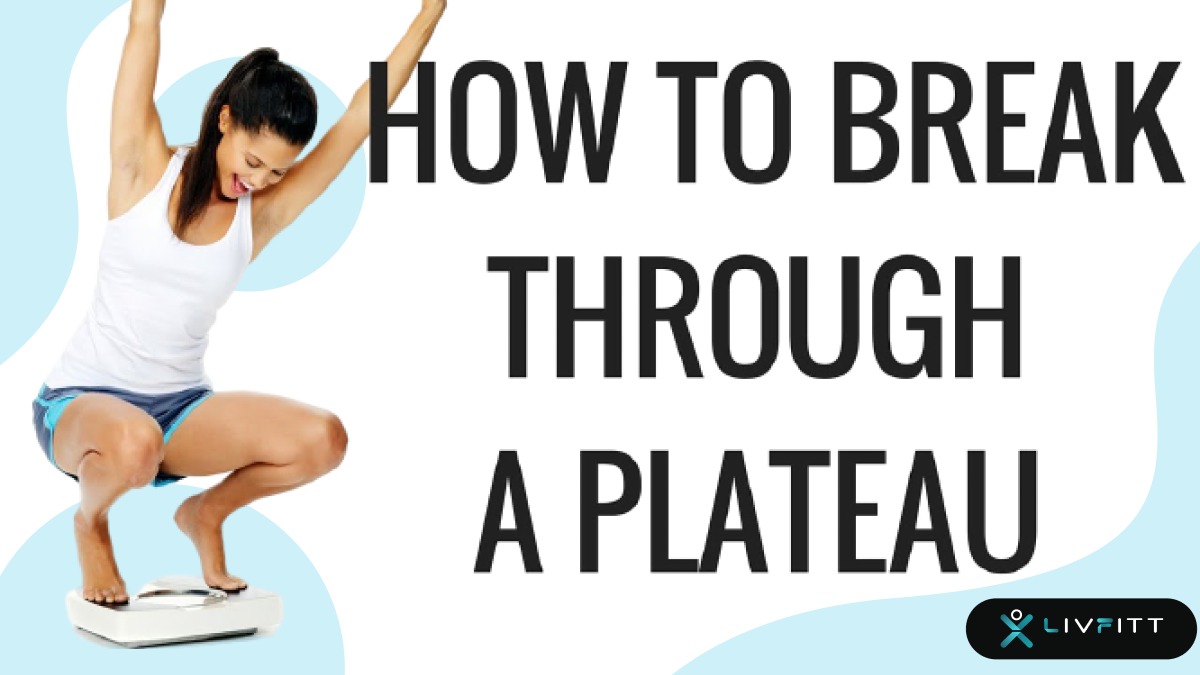
How to break through your weight loss plateau?
When the calories you burn become equal to the calories you eat, you reach a plateau. To lose more weight, you need to either increase your physical activity or decrease the calories you eat. If you eat the same amount of calories that helped you lose all the weight, slow metabolism will still not let you lose weight.
Cut Back on Carbs: Lowering the intake of carbohydrates always works in breaking the weight loss plateau. Low carb diets have helped people accelerate their weight loss journey.
Calorie deficit: Create a calorie deficit in your diet. There are possibilities that sometimes people tend to eat a lot of healthy food as well. It might lead to obstruction in the weight loss process.
Changes in the workout: An individual trying to lose weight should follow a variant form of exercise regime. A variety of exercises like weight training, cardio, yoga, etc. Should be followed alternatively. It will also help you enjoy your workout sessions.
Increase Exercise Frequency or Intensity: The same amount of exercise you did initially during your weight loss may not be sufficient at the later stage. Increase the number of workouts or you can also increase the frequency from once a day to twice a day.
Track Everything You Eat: If you track what you are eating you will always be vigilant about how many calories you are consuming. You can manage your calorie intake only after knowing how much you consume.
Manage Stress: Stress management is the most important factor that needs to be kept in mind while your weight loss journey. There are a lot of problems that are related to stress. The body does not respond to anything normally when the mind is under stress.
Avoid Alcohol: Alcohol, smoking, caffeine is harmful substances and decrease your metabolic rate. To break the weight loss plateau you need to avoid all the items listed above. Alcohol, high sugar, smoking anxiety.
Eat More Fiber: Fiber helps in digestion, and also enables smooth functioning of the stomach. It also makes your stomach feel full and hence helps in suppressing hunger and prevents constipation.
Get Plenty of Sleep: Sleeping right is really important for having a healthy mind and body. Hence, to improve your health, you should always sleep an adequate amount of time at night.

